You are on your way home after a long day at school. You think back at how you did not understand the math lesson today, but you know you will be fine.
Your private tutor can explain it to you. You can look at the supplemental textbook you purchased for that subject. You can use a website you pay a subscription to.
For students from families who are willing to dish out huge sums of money to supplement their children’s learning, confusion over what is taught in the classroom is not a major problem; however, for students from lower income homes like me, the path toward academic success is much more challenging.
My time after school consists of babysitting my 14-year-old sister, completing household chores and studying solely off what the teacher has given me in the form of either worksheets or digital Google Classroom assignments. My parents obviously couldn’t afford to spend money on a nanny to take care of my younger sibling or a house cleaner to clean restroom toilets and mop kitchen and room floors.
As for Advanced Placement study guides like Princeton Review or Barron’s, I’d be lucky to find an affordable used one at my neighborhood Goodwill Store.
Always having been at a disadvantage because of my parents’ income, I am not alone in this struggle vs. my privileged peers. That is why affirmative action — a policy that seeks to increase opportunities provided to minority groups, especially those from lower income homes — will give me a chance to level the playing field as admissions officers review my college applications.
Through the five decades of implementation, affirmative action resulted in an overall college population that has increased diversity from a minority perspective by 57% according to a 2017 ed.gov article.
However, affirmative action is in danger of being wiped out because of certain predominantly well-off, privileged groups have challenged the policy in local, state and federal courts.
By October of last year, the challengers had their final say when the Supreme Court heard arguments to ban affirmative action at Harvard University and the University of North Carolina. Those who reported on the lines of questioning from certain justices have inferred that the majority conservative judicial branch will agree to quash this university admissions practice once and for all when it releases its ruling on the matter, which many believe will be released closer to when the court ends its session in the summer.
However, I’m hoping that a majority of the Supreme Court will agree with me that such a holistic, race-conscious admissions process remains effective.
American society still suffers from racial inequalities, and affirmative action attempts to make reparations for historical discrimination at the academic level.
According to a Jan. 30 article from The Washington Post, an average white family today holds more than $170,000 in net assets compared with just $17,000 for the average Black family.
This racial wealth gap is explained by the effects of disadvantages like income inequalities, societal discrimination and redlining that prevents Black people from accumulating generational wealth.
These economic disparities demonstrate that white and Asian youth continue to enjoy more privileges than students of color, such as growing up in wealthier neighborhoods, attending higher-performing schools and having more financial resources to support their academic pursuits.
Others may argue that socioeconomic status calls for race-neutral alternatives like class-based affirmative action, but race plays a predominant role as to why such inequalities exist; it cannot and should not be separated.
Therefore, students should receive equity and not equality as seeing every student as equal turns a blind eye to racial problems.
Currently, the reasoning behind the vocal Asian groups railing against affirmative action is that race-conscious admissions ignore their efforts and work by putting other minority groups of lower socioeconomic status above them.
Additionally, Asian American, the “model minority,” representation in elite universities demonstrate that this process becomes obsolete in regards to higher education.
Yet, Sally Chen, a Chinese American wrote for the LA Times and shared her story on how she “benefitted from an admissions process that took race and the effects of racism into consideration” to get into Harvard University, one of the two schools who currently want to ban affirmative action.
For other Asians like Chen, who come from an immigrant, economically challenged background, nondiscrimination processes may serve as their only way to access a great education.
Affirmative action policies help create a diverse educational environment where students from different backgrounds can learn and be exposed to multiple experiences, perspectives and interests in preparation for a future successful society, according to an Oct. 31 article from the American Civil Liberties Union.
Seeking alternatives will only result in a significant drop in the number of students of color admissions to higher learning institutions, which eventually hampers the growth of generations who will enter an increasingly diverse workforce.
Rescinding affirmative action will cause the nation to step backward in its efforts to overcome and compensate for the legacy of racism current students continue to struggle with.
Labeling the United States as the melting pot of culture means actually establishing inclusive communities. Government officials should not take action to eliminate race-conscious processes but instead encourage them.
As a senior currently undergoing the college admissions process, I am grateful to be able to apply during a time that affirmative action is still considered.



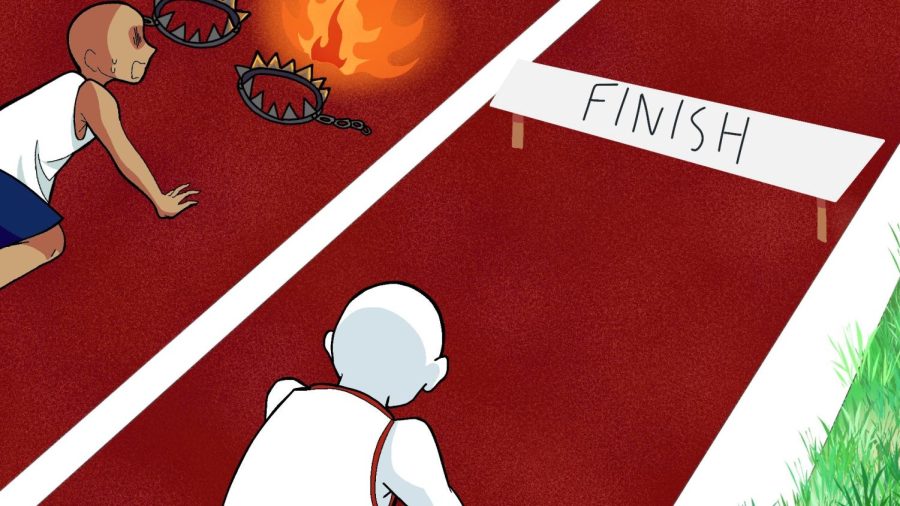
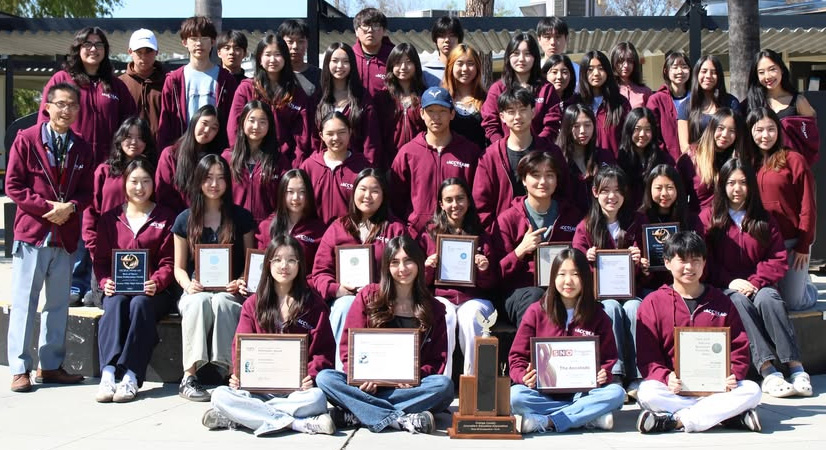
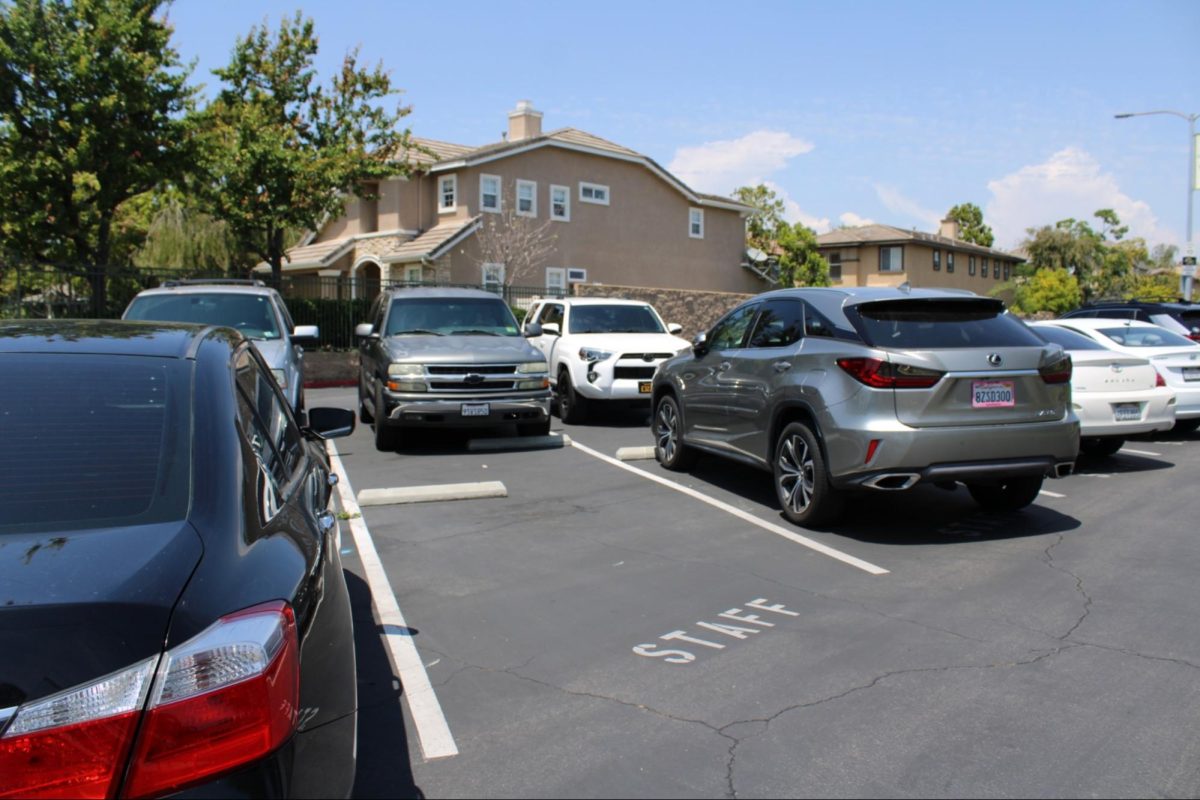
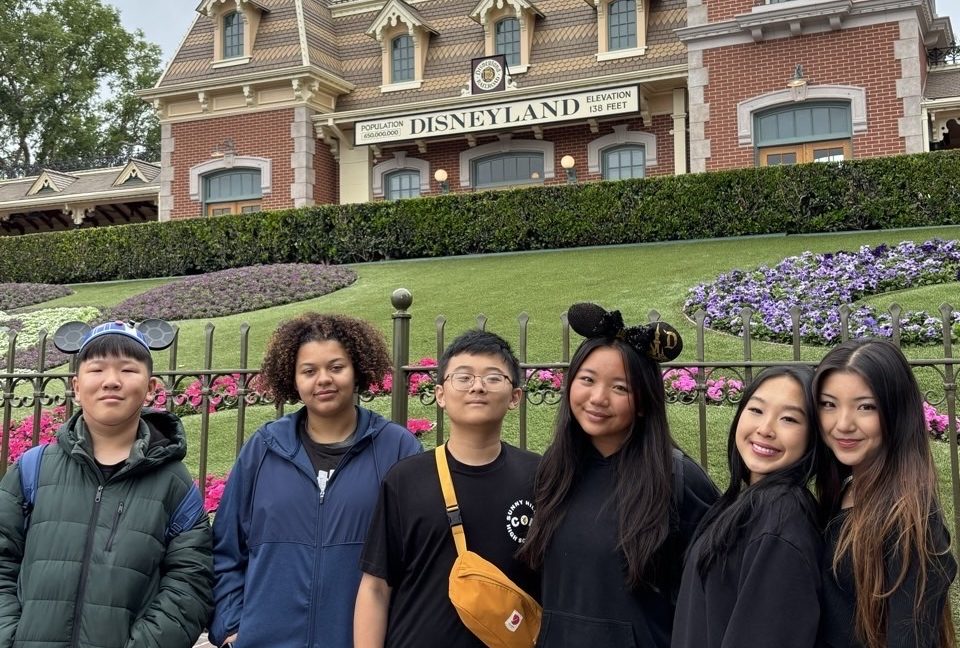







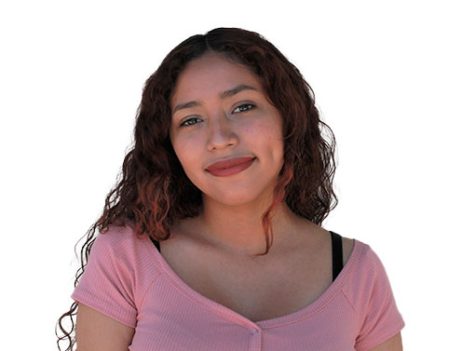
Ace • Jan 19, 2023 at 5:46 pm
This was genuinely so informative! Excellent writing, it really gave me a new perspective